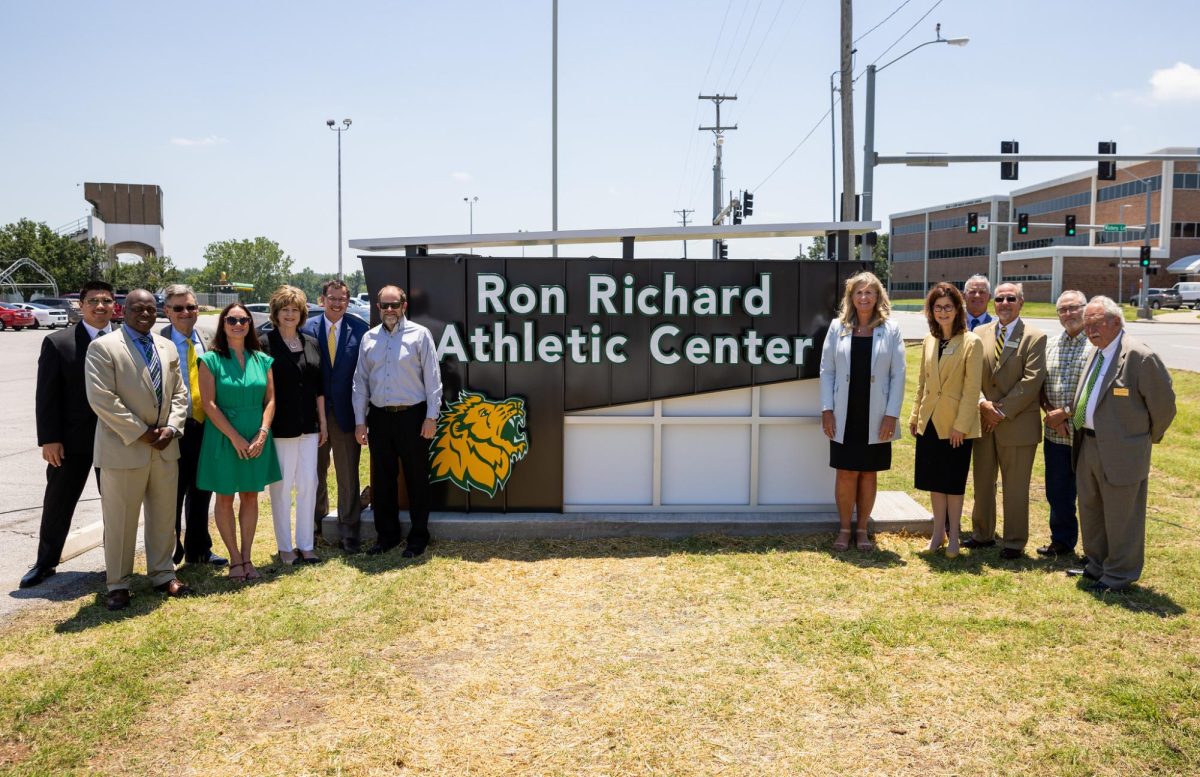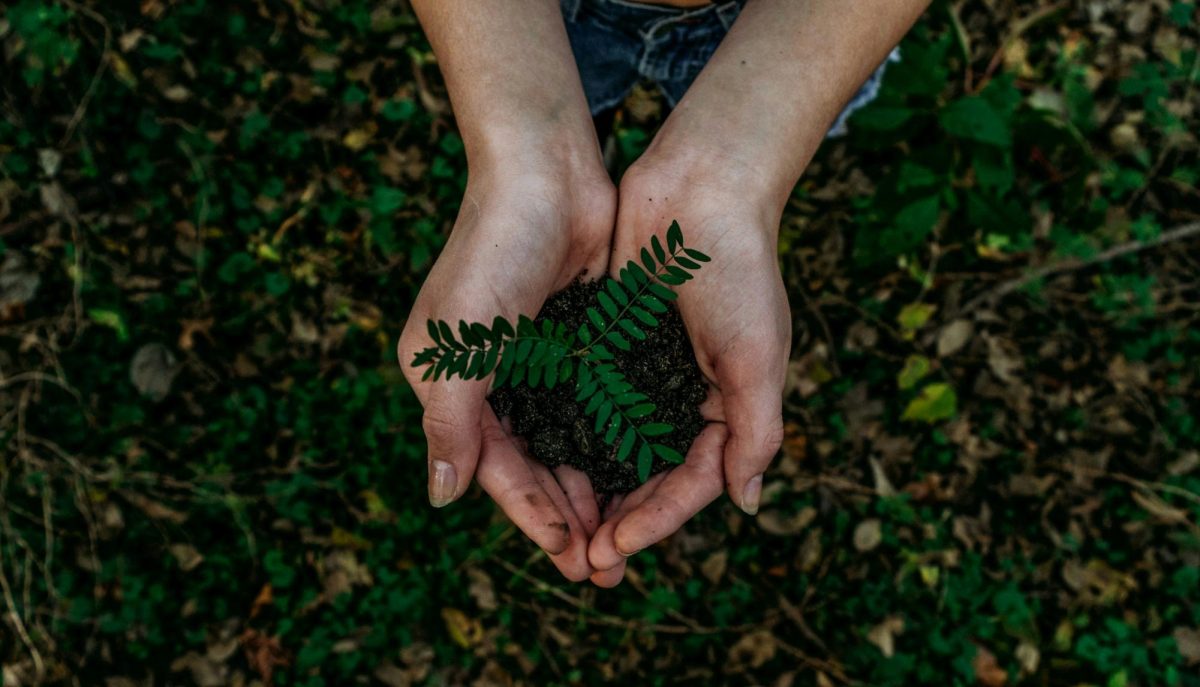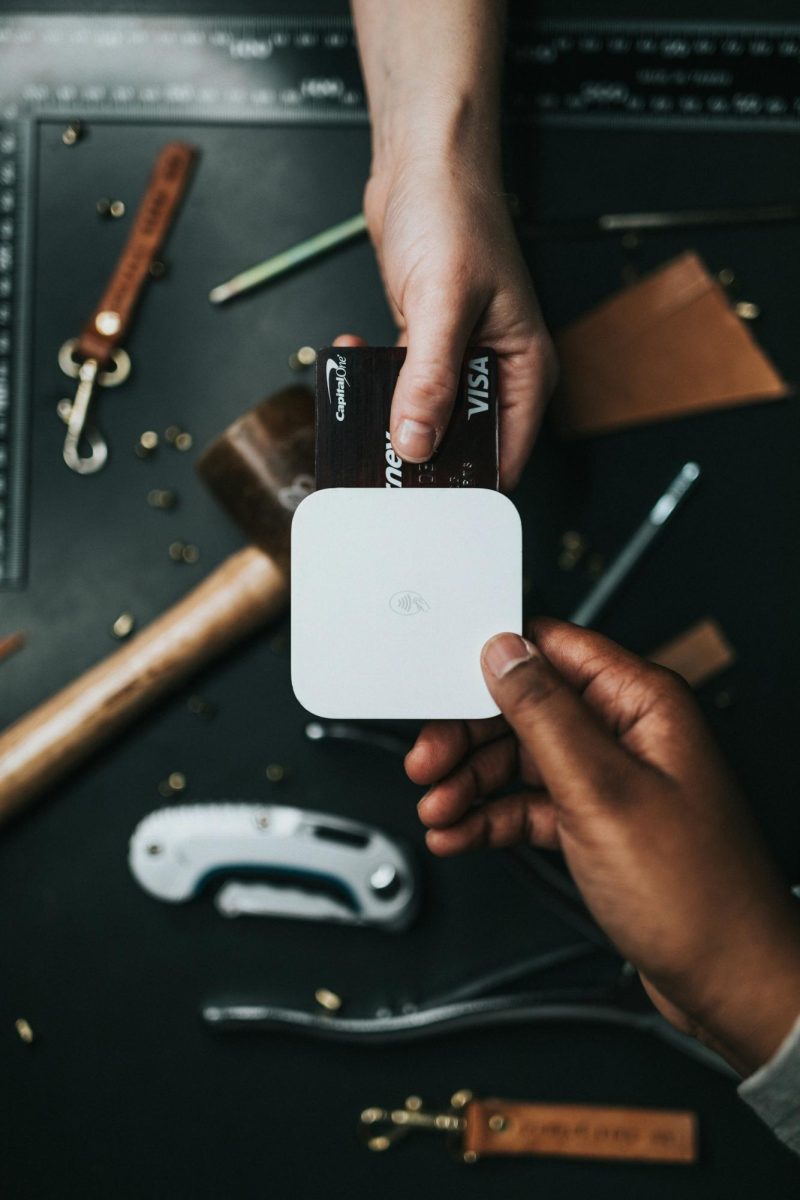Have you heard of ecobricks? The official Ecobrick website explains, “an ecobrick is a plastic bottle packed solid with clean and dry plastic, made manually to a set density to sequester plastic and create reusable building blocks.” Essentially, it’s a two-liter bottle with a bunch of plastic waste shoved inside, collected for construction. It’s a sustainable practice that reduces landfill pollution and reuses plastic waste.
I first encountered ecobricking on Instagram, where users shared reels challenging themselves to fit all their plastic waste into that little bottle, sometimes for a month, sometimes a year. They saved, washed, dried, trimmed, and crammed every bit of plastic waste inside, tamping it down with a stick.
I thought about how much single-use plastic I use in a day, a week, a month. Could even a week’s worth of my plastic waste fit into a bottle? Honestly, no.
I spoke to Dr. Jill Greer, Professor of Anthropology, about ecobricks in a conversation about recycling. She agreed with me. Most people’s plastic waste, even just a week’s worth, wouldn’t fit inside a soda bottle.
While ecobricking is an extreme example of a sustainable lifestyle, it revealed a troubling fact about sustainability on the Missouri Southern State University (MSSU) campus. Dr. Greer advocated for a grassroots movement, a collective effort to make our campus greener.
About plastics, Dr. Greer expressed deep concern. “We have a serious problem,” she said, globally and regionally. “We shouldn’t allow [single-use] plastic containers for water on this campus,” she said. “We know the science… There are not just microparticles of plastic in every bottle, there’s something like 20,000 microplastics, and now we know there are also an equal number or more of nanoplastics, which can cross the bloodstream and lodge in our organs. If we’re going to live up to having an honest university that believes in science, we would not allow Styrofoam or plastic,” Dr. Greer said. She lamented the proliferation of single use plastic on campus. “We have become numb to the fact that this is the way things are.”
That’s the perfect word: numb. We are utterly desensitized to plastic in our everyday lives. I, like many students on campus, visit the Lion’s Den at least once a week for a coffee and a snack. My coffee is served in a plastic cup with a plastic lid and a plastic straw. My sugar cookie is handed to me in a plastic baggie. Already, this snack has consumed significant real estate in my hypothetical ecobrick.
Dr. Greer cited drastic changes in our use of plastic in her lifetime alone. “I grew up in an era when schools had trays and they had silverware and they were washed every day in dishwashers by the staff,” she said. “You had a milk carton that was made of waxed cardboard. Your soda was made in a can, and before that they were glass. We just did not have plastic everywhere.”
Reflecting on then and now, everything has changed. Everything in the Lion’s Den is single use: the plates, the cups, the utensils. Everything goes in the trash.
Obviously, such environmental issues are not entirely the fault of the consumer. Greater forces drive our unsustainable consumption with unsustainable production. And there’s a cynicism in that. No matter how many paper straws I use, I’ll never save all the turtles. Corporate entities will still pollute the environment to a degree individuals simply cannot reverse.
But Dr. Greer believes there is still value to consumer awareness, especially awareness of the value of their dollar. “Corporations will change when they lose money,” she said. “If we boycotted those products at the store, I think that would make a big difference.”
As consumers, we have limited power, but power nonetheless. We can choose what to spend our money on, what products we buy. We can buy bamboo toothbrushes instead of plastic. We can use bar soap instead of liquid. We can refuse to buy bottled water. We can use reusable shopping bags or boxes rather than disposable plastic.
Dr. Greer joked, “My own children do this with me. They’ll be like, ‘Mom, the Styrofoam is already there. Whether you use it or not, it doesn’t matter.’ I’m like, ‘It matters to me.” And the more people that refuse to use it, then that eventually could lead to something happening.”
On an individual level, we can change. For instance, many students bring reusable water bottles to campus. Desks in my classes are dotted with Stanleys are Hydro Flasks. In this small act, we drastically cut back our consumption of single-use plastic.
In her Globalization class, Dr. Greer meets many Pacific Islander students. “They are potentially losing their homes because of ocean rise,” she said. “And people here will say, ‘I’m not comfortable if I’m not in my big SUV.’”
The refusal to admit a personal complicity in such environmental impact is a privilege. We don’t see it because we don’t have to see it. I spoke to Dr. Teresa Boman, Program Director of Environmental Health and Safety (EHS), about recycling and sustainability. She raised an insightful question. What if everyone had to visit a landfill in their lifetime? What kind of change would follow?
“We live in a country where they just take your trash and it’s gone – out of sight, out of mind,” she said.
But Dr. Boman and Dr. Greer both argue we should be more cognizant of our personal impact. “We believe in science here,” Dr. Greer said. “This is a university. We know climate change is real. Part of Earth Day should be acknowledging that we need to honor the Earth.”
Though her major program is relatively small, Dr. Boman believes there is considerable student and faculty interest in sustainability. She hosts the Earth Day Sustainability Conference, held this year on April 18th, 8:00 AM to 12:00 PM. See https://www.mssu.edu/academics/education/environmental-health/events.php for more details.






















